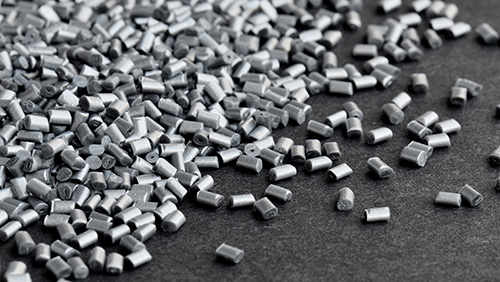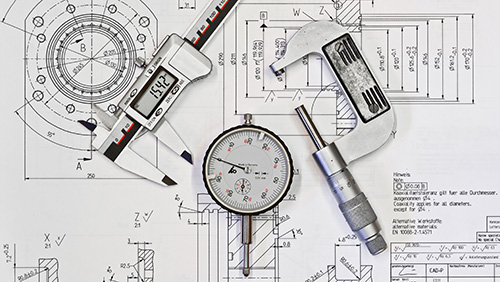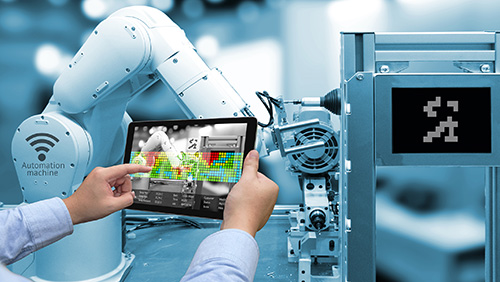Find projects
The search for the ideal material
Materials make us instinctively decide whether we find something pleasant or attractive. The choice of optimal materials and processing methods lays the foundation for a successful product. This also includes understanding the physical-chemical relationships. Understanding these and using them cleverly is a core topic of material development at SKZ. With our intuition for the "structure-property relationships", we answer our customers' questions: "How can I realise my ideas in plastic?"
In the Material Development group, we work with the abundance of polymers available on the market, with functional fillers and reinforcing materials, as well as with the whole variety of additives, in order to create compounds from them that are as universal or customised as possible, depending on the requirements. The formulations are either produced by special processes or laboratory machines are used, whose successful sample production can later be transferred to industrial scale ("scale-up").
Many years of cooperation with raw material manufacturers, market knowledge and an overview enable us to develop targeted formulations and carry out specific tests. We know the interrelationships between production, processing, marketing, approvals and many other requirements for products made of plastics.
Material development not only accompanies products throughout their service life, but also takes into account their further use or recycling. Polymers provide us with many good services every day; they are valuable materials that must be kept in the material cycle for as long as possible, ideally in the sense of "cradle2cradle", but also with all other recycling options. Starting with the granulate, every single grain of plastic is close to our hearts!
We make our enthusiasm for innovative materials available to numerous industrial and research partners. Realise your ideas in plastics with us!
Services
For new developments, alternative materials, the use of recycled materials or innovative compounds, we research suitable materials in databases of manufacturers, organisations and research institutions. A material profile is made up of numerous requirements - be it mechanical, thermal or rheological or completely different characteristics that make up the essence of a plastic.
A successful formulation of base material, additives and functional fillers or reinforcing materials opens up unimagined possibilities for product development. Estimating the performance of new compounds requires knowledge of the physical-chemical interactions, experience and curiosity. It is equally important to know what possibilities such a compound opens up.
In our compounding technology centre, we produce thermoplastic compounds on a small and laboratory scale up to approx. 50 kg/h according to your specifications or from the formulations we have developed. These are either produced using special processes, or laboratory machines are used whose successful sample production can later be transferred to industrial scale ("scale-up"). Here, too, we are happy to assist you directly or, for example, through referrals within the SKZ network.
A product creation is determined by numerous influencing factors - a plastic can only develop its full performance capability if processing and construction interact with it. For this, the effects of processing, but also possible interactions, must be assessable. Together with the various specialist departments here at SKZ, we can also advise you on these issues. Flow simulations, FEM analyses, life cycle assessments or design advice are just as much a part of this as injection moulding, deep drawing, blow moulding or extrusion of test parts for laboratory characteristic values or accredited test orders.
State-of-the-art equipment for best results and products
In our modern, well-equipped laboratories, we research the materials of tomorrow. We work closely with industry to make many good products even better and, above all, more sustainable. Challenge us. Together we will find a solution to your problem.
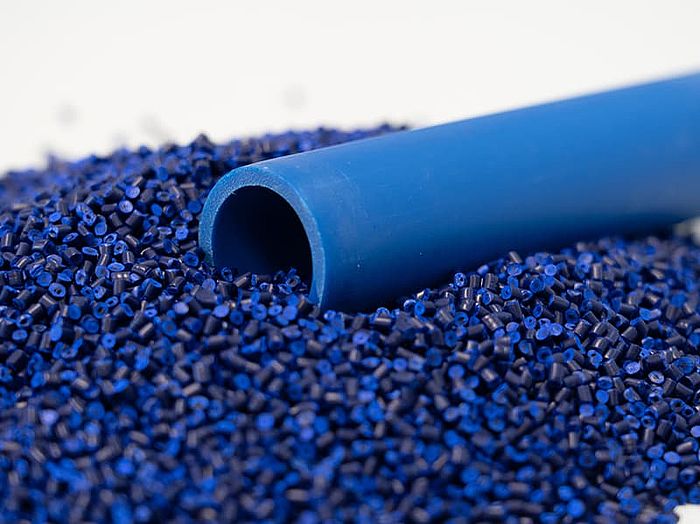




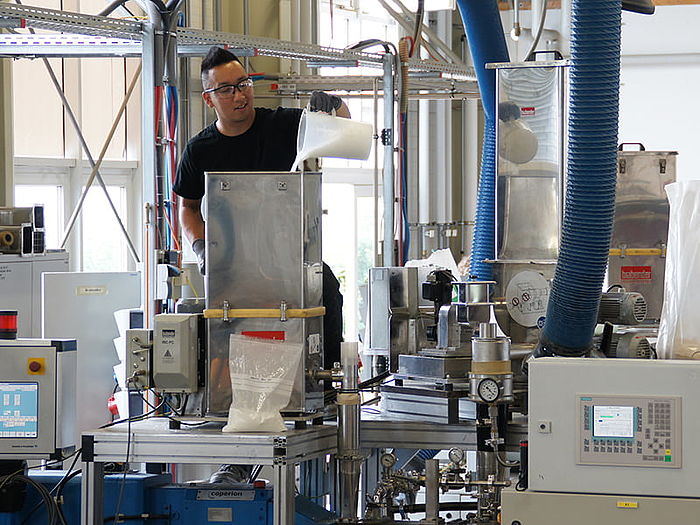
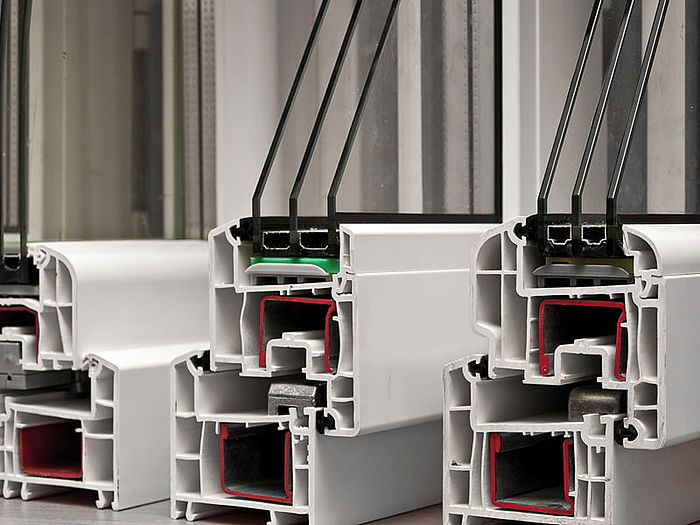
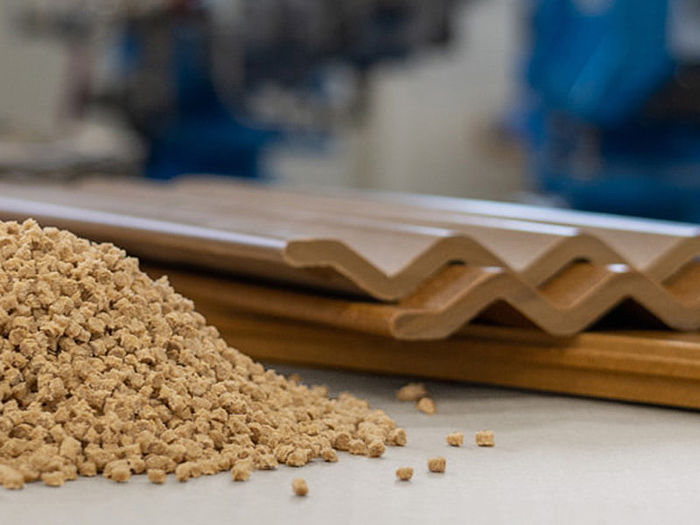
Technical equipment - polymer analytics
Plastics are present in all areas of life and industry, often as disposable, single-use products, but also as high-performance materials and for long-term applications. Plastics are extraordinarily versatile materials and shape our age like hardly any other material. This versatility is based on a number of physical and chemical, microscopic and macroscopic characteristics that determine the individual property profile of each plastic. In order to be able to determine the optimal field of application for each individual plastic or to test the suitability of a plastic for a specific application, a number of different analytical methods are required.
In the Materials Development group, we offer a wide range of different characterisation methods to help shed light on your materials in detail. Chromatographic analyses, such as gel permeation chromatography (GPC) or gas chromatography with mass spectrometry coupling (GC/MS), provide deep insights into the molecular composition of polymer materials. GPC is used to determine the molar mass distribution and polydispersity, which can be used, for example, to draw conclusions about polymer degradation after ageing. GC/MS, on the other hand, can be used to qualitatively and quantitatively analyse easily vaporisable polymer components (VOC). On the one hand, this enables the determination of direct emissions from the plastics, and on the other hand, highly volatile degradation products or contaminations can be determined.
Of central importance for the processability of plastics are their rheological properties. A high-pressure capillary rheometer (HKR) with the option of pVT characterisation as well as a melt index tester (MFR) from Göttfert are available for analysis. Whereas the melt index is a single-point measurement, the complete shear viscosity function of a polymer can be determined at different temperatures and shear rates with the help of high-pressure capillary rheometry. In addition, the effective extensional viscosity can be determined reproducibly with an extensional tester (Rheotens) coupled to the HKR. This is particularly important for film extrusion and blow moulding.
In addition to methods for determining particle size distributions of powders using dynamic image analysis or laser diffraction (Camsizer, Mastersizer), we also carry out sieve analyses, the determination of Shore hardness, density using buoyancy methods or liquid pycnometers, the bulk density, the pourability, the filler content by ashing as well as microscopic analyses such as SEM/EDX (scanning electron microscopy with energy dispersive X-ray spectroscopy), polarisation, light and heating table microscopic examinations of plastics.

